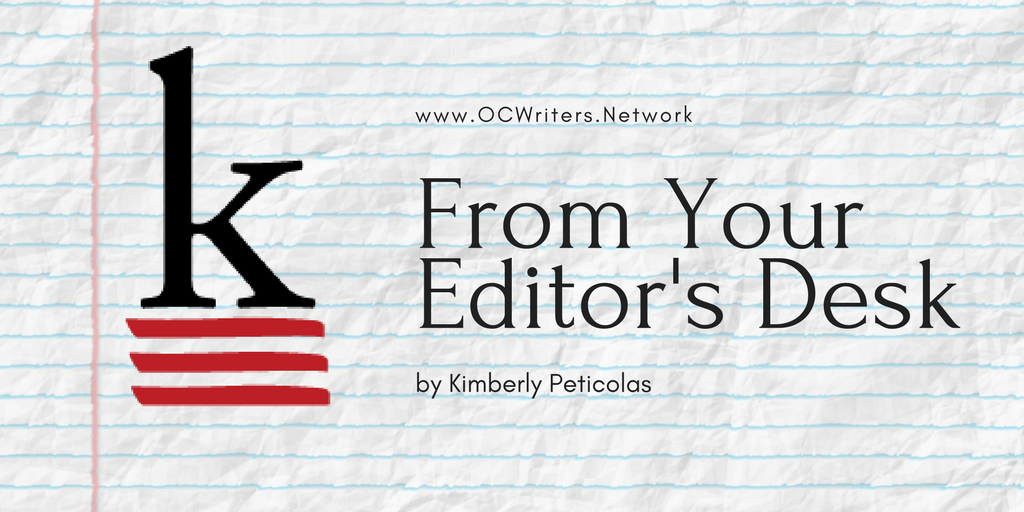by Kimberly Peticolas
From nameless entities to book doctors, ghostwriting is a whole new world today. Ghostwriters are not discussed much in the publishing industry, yet they are a vital component. But how do you know if you need a ghost or what type of ghost would work best for you and your manuscript? We will discuss the options and the pros and cons of each so you can decide which ghostly friend to find.
The Invisible Ghost
The traditional ghostwriter arrangement is one where no one knows that you and/or your publisher have employed a ghostwriter. Their name is never anywhere to be found in the book, even on the copyright page or in the acknowledgements. They usually sign a non-disclosure agreement (NDA) and in no way publicize or take any credit for the work in question. They won’t even share their participation with potential clients without another NDA from that client.
This arrangement is very common for celebrities, since publishers want a well-written book but still want the appearance that the celebrity wrote it. It’s also not unheard of for seasoned authors to have great ideas for books but no longer have the desire to write the entirety of the book themselves; meanwhile publishers still want to take advantage of their name recognition. Enter the ghost.
This is the most expensive form of ghostwriting, but with good reason. They are responsible for writing the entire book. They do all the research, they interview the ‘author’, and they are responsible for much of the work required during the editorial process. Ghostwriters here could get a flat fee, a percentage of royalties, or a percentage of royalties as well as an upfront fee. Some ghosts will charge a per word fee, up to $1 per word. When you have a 100,000 word manuscript, this can be a pretty heavy investment.
The Partner Ghost
This new type of ghostwriter relationship has become far more common in recent years. This is where an author partners with a ghostwriter who can assist with the writing of the book. This is common for new authors as well as seasoned authors who no longer want to write exclusively. In this kind of relationship, the ghostwriter gets cover credit. You typically see this listed as J.D. Author with G. Writer. The main author gets primary credit and then in smaller text, you see the partner writer’s name.
This type of relationship ranges widely in costs. Just like in a traditional arrangement, ghostwriters could get a flat fee, a percentage of royalties or a percentage of royalties as well as a small upfront fee (smaller than the traditional ghostwriter’s fee). It all depends on the arrangement the author/publisher and ghost work out.
The Ghost M.D.
There is another type of ghostwriter that has become more common. This one has a variety of names associated with it, but I prefer the term ‘book doctor’. One step up from developmental or substantive editing, the book doctor will take your manuscript and actually rewrite portions for you (rather than leaving the bulk of the rewriting up to you as in the case of editors).
Book doctors, like traditional ghostwriters, often do not get cover credit. They do, however, usually get credit in the acknowledgements, which is not always the case for traditional ghostwriters. Book doctors also have a wide range of upfront fees, usually dependent on the level of work needed, but you can expect it to be more expensive than developmental editing.
The Ghost Named Coach
Okay, I’ll be honest; author coaches are not really ghostwriters. However, they are included here because they can help with your writing skills. If you are not confident in your writing, an author coach can help with the writing process, will give frequent feedback, and should coach you in developing your writing skills.
Author coaches usually charge by the hour or half-hour. Rates range from $50 to $150 an hour. But the good news is that you can use that time in a variety of ways. Finished writing but still have some time with your coach? Ask about the publishing process, develop your pitch, discuss marketing options, or discuss anything else you have questions about.
Who’s your best ghost friend?
Now that you have an overview of some of the options in ghostwriting, how do you tell which is for you? Much of that will depend on your budget as well as how much work and time you are willing to invest. Aspiring authors who want to write a book on their specific expertise but don’t have the time to actually do it themselves should investigate the first two options. If you are willing to write the majority of the work yourself but are unsure of your skill-level or know you need significant help, the latter two options may be best for you. Some really big names in publishing (including most celebrities) have worked with ghosts of some kind. Don’t be afraid to hire a ghost if it fits within your goals and budget.
***

Kimberly Peticolas, Author Coach
Kimberly Peticolas is an experienced editor, writing coach, and consultant working with clients from a variety of backgrounds. No matter your publishing goals, she’s here to help you achieve your writing dreams. With a la carte services ranging from one-on-one author coaching to detailed manuscript editing or proofreading, even extra help to improve your writing skills, Kim has you covered.

